
Nicole Mortillaro
Senior Science Reporter
Based in Toronto, Nicole covers all things science for CBC News. As an amateur astronomer, Nicole can be found looking up at the night sky appreciating the marvels of our universe. She is the editor of the Journal of the Royal Astronomical Society of Canada and the author of several books. In 2021, she won the Kavli Science Journalism Award from the American Association for the Advancement of Science for a Quirks and Quarks audio special on the history and future of Black people in science. You can send her story ideas at nicole.mortillaro@cbc.ca.
Latest from Nicole Mortillaro
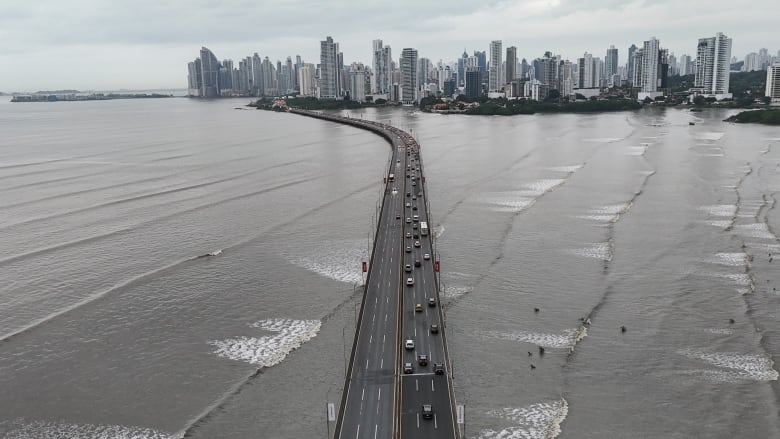
Tsunamis: What are they and how do they happen?
On Tuesday, a powerful 8.8 magnitude earthquake rocked the area around Russia’s Kamchatka peninsula, resulting in tsunami warnings being issued around the world. But how often do they occur and is Canada at risk?
Science |
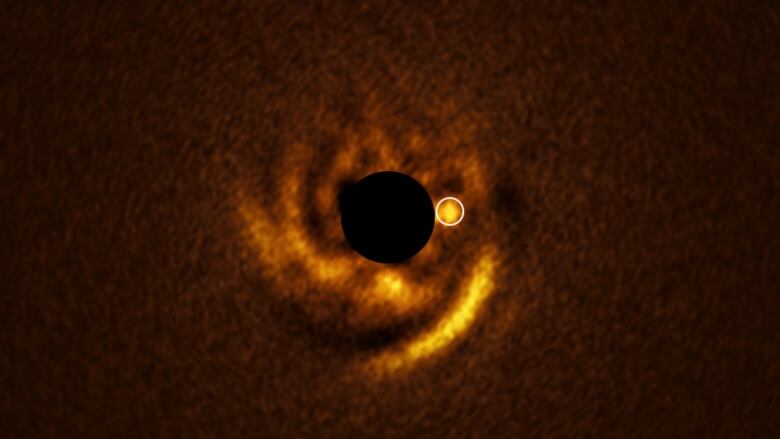
Astronomers think they've captured a planet forming around a host star — something never seen before
Astronomers believe they have captured an image of a planet in the act of forming, something that has never before been witnessed.
Science |
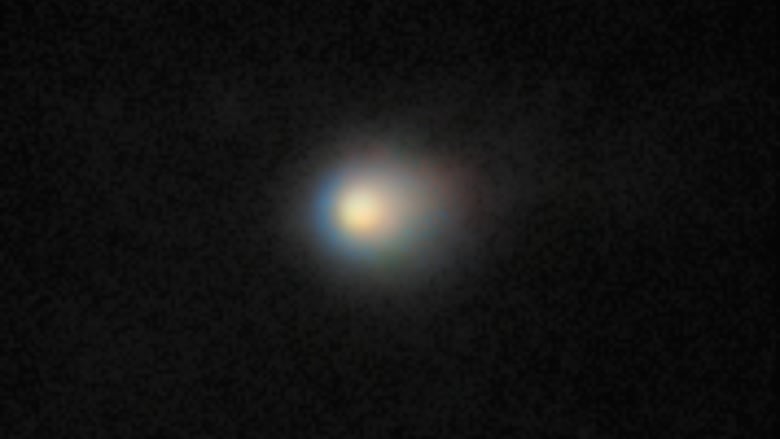
Astronomers capture 1st close-up photograph of new interstellar visitor
Using the U.S. National Science Foundation’s Gemini North telescope in Hawaii, astronomers have captured the first detailed image of our third known cosmic interloper.
Science |
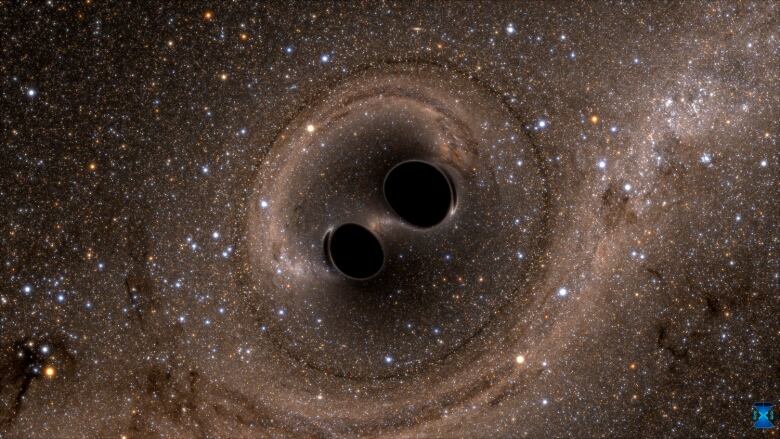
Scientists have detected the largest black hole merger yet. What it is and why it matters
It was a bump in the night. A big one. Astronomers revealed on Monday that two massive black holes collided producing another one that is 225 times the mass of our sun.
Science |
Is Canada prepared for floods like the one that happened in Texas?
Last Friday’s major flooding event in Texas that killed 89 people, including numerous children, has left local communities shattered. Now, some may be turning an eye closer to home, asking if Canada is prepared for such an extreme weather event.
Science |
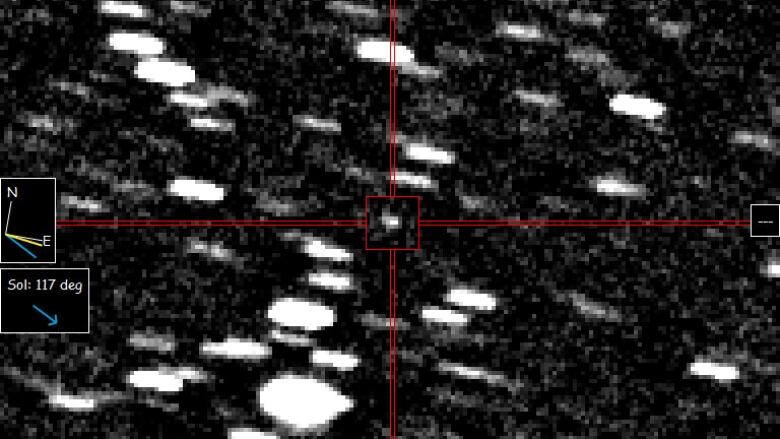
Astronomers may have discovered 3rd-known interstellar visitor
It appears our solar system is getting more popular with out-of-towners. Astronomers have found a third interstellar object, something that has origins beyond our own solar system. The object, dubbed 3I/ATLAS, is not believed to pose any danger to Earth.
Science |

What are the chances of Earth being hit by a big asteroid?
Earth lives in a shooting gallery, with small and large rocky bodies in abundance in our solar system. Are we in danger of being hit by something big?
Science |

New giant telescope reveals its 1st images of our universe
The Vera C. Rubin Observatory, which houses a telescope with the largest digital camera ever built, has revealed its first images.
Science |

Under attack: How humanity is losing the night sky
Between light pollution and the proliferation of satellite constellations, the night sky is under assault. Eighty per cent of humanity cannot see the Milky Way due to light pollution. The stars have guided humanity from its earliest beginnings, influencing science, art, faith and wonder. What have we lost?
Science |

After the puzzling warmth of Earth in 2023 and 2024, what could 2025 have in store?
After 12 consecutive months with temperatures 1.5 C above the 1850-1900 average, Earth’s temperature has now fallen slightly. But that doesn't mean the planet is cooling off.
Science |